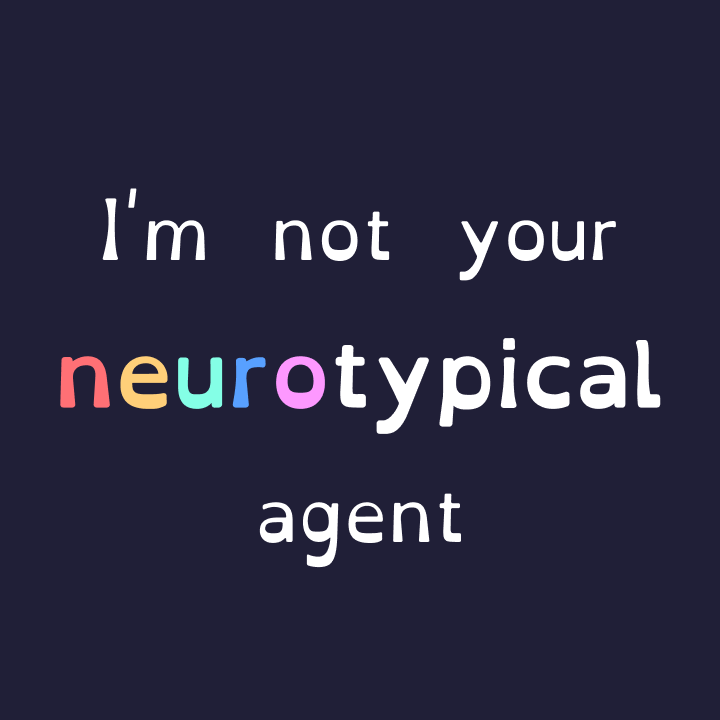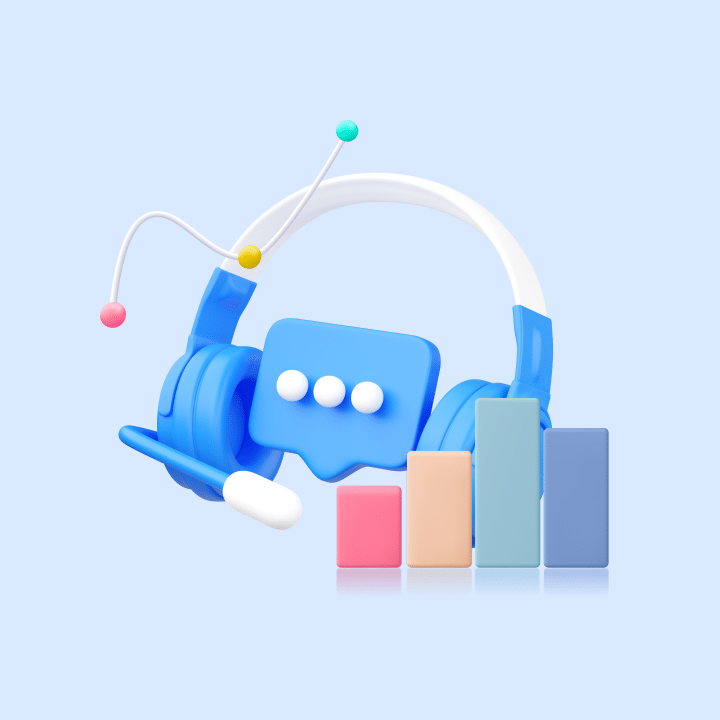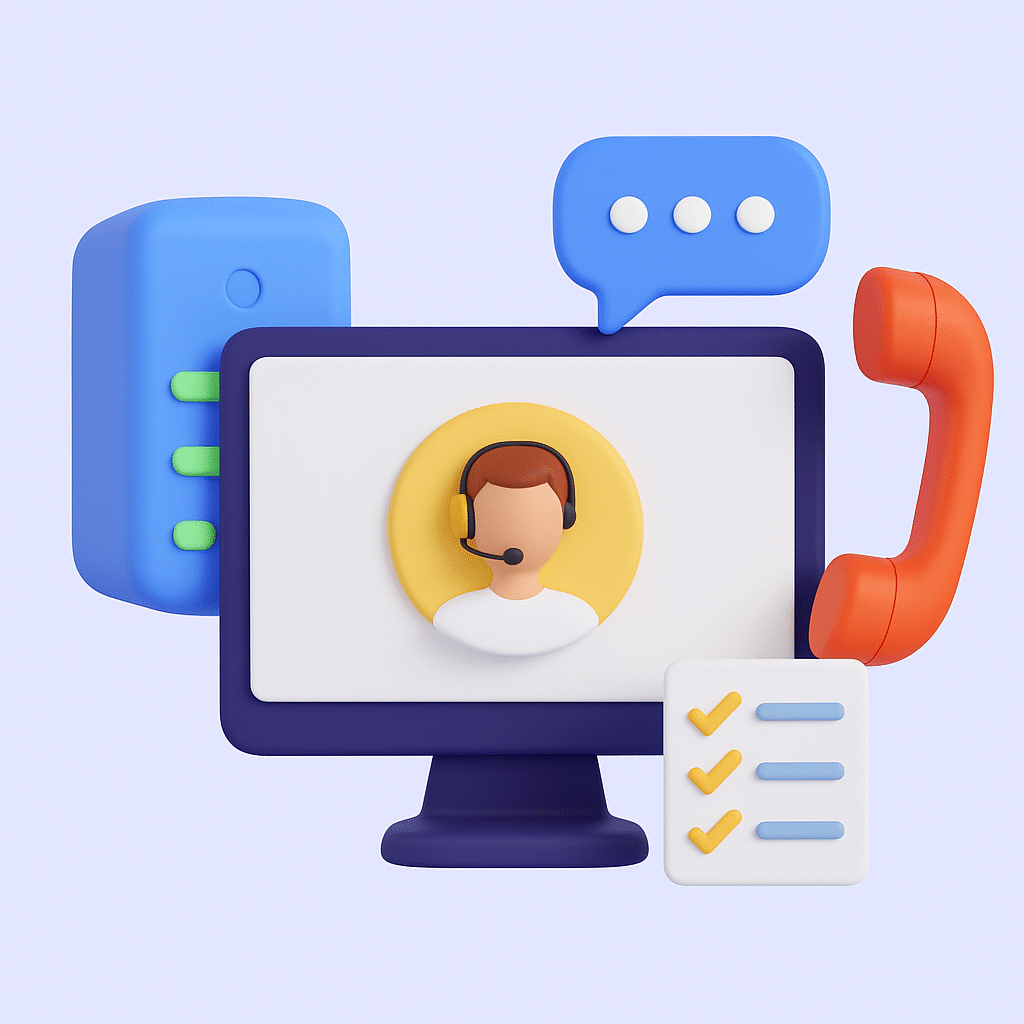In her insightful blog, Emily Katy – mental health activist and autism advocate – explains the term Neurodivergent as “A person who has a different brain from what is considered the norm. This includes autism, ADHD, dyspraxia, dyslexia, OCD, Tourette’s, and other neurological conditions. ND is short-hand for neurodivergent”.
Those who aren’t neurodivergent are called Neurotypical. NT is short-hand for neurotypical.
Neurodiversity, on the other hand, refers to the diversity of human minds. Neurodiverse people include both neurodivergent and neurotypical individuals.
NDs can struggle to navigate through social norms like
- Smiling as often as possible and making small talk.
- Knowing and practicing etiquettes.
- Reading between the lines.
- Being able to adjust tone, body language, and voice depending on the person they’re talking to.
- Responding well to spontaneity. For example, guests coming over for dinner without calling.
Adapting to these norms would be considered desirable, if not critical, to succeed in a career like customer support.
And so, you’d think that customer support would be the last profession a neurodivergent individual would consider taking up.
I interviewed seven neurodivergent individuals who carry years of experience in customer-facing roles and have successfully broken this myth. They share insights and practical advice on navigating a career in customer support as a neurodivergent individual.
So if you’re neurodivergent and are considering a career in support, here’s what you should keep in mind:
Table of Contents
- 1. Choose video chat software that supports live captioning
- 2. Assistive technology for the win
- 3. Learn to use your neurodivergence as your strength
- 4. Keep asking questions till you gain clarity on the issue
- 5. Try to use small talk to your advantage
- 6. Empathize as much as you can
- 7. Use your dissociation skills to objectively assess the customer’s problem
- The importance of self-reflection and finding your community
1. Choose video chat software that supports live captioning
The benefits of closed captions are commonly understood for people with physical disabilities like deafness or auditory impairments.
However, its positive impact on people with cognitive and behavioral disabilities is rarely discussed.
A second input stream, like closed captions, gives neurodivergents at work a better understanding of the context. It helps fill gaps in knowledge and gives them a complete picture without having to depend on others for an explanation.
Sam, currently the Lead Dialer Manager at GetThru and an Outbound Customer Service Representative for Corporate Tools, has spent most of her career in a customer/client service role.
As someone with AuDHD (Autism + ADHD), Sam swears by live captioning when asked about assistive technology that helps her do her best while providing customer support, “Software that allows live captioning of video chats is very helpful. I also use fidget toys as a way to help center myself during stressful times.”
When I asked her how she deals with difficult customers, she said, “I try my hardest to understand and empathize and try to put a smile on their faces before we end our conversation.”
Sam also shares tips for neurotypical individuals on how to empathize better and work effectively with neurodivergent employees:
- Always use inclusive speech;
- captioning for videos/video meetings;
- explaining why things are the way they are;
- ability to independently work when needed;
- not forcing face-to-face meetings (via video or in person) if possible.
Here’s where you can reach out to Sam for more guidance and advice on dealing with ADHD and autism in customer service.
2. Assistive technology for the win
Often people diagnosed with cognitive disabilities find it challenging to comprehend and express their thoughts as well as they’d like to. Important information that they want to relay may be compromised by spelling and phrasing errors.
They can also struggle to comprehend reading material. For this purpose, dyslexic fonts come in very handy where some letters have heavy bases, and their sticks are longer than usual. This helps them read and understand content faster.
Joe is a customer support specialist at Alyce and a business owner.
To overcome his challenges with ADHD and Dyslexia, Joe recommends three assistive technologies, “The Open Dyslexia chrome extension for reading (free).
Text expander for common phrases I carefully wrote so that I do not spend time focusing on verbiage.
And Pro Writing aid, so I do not stress over typos.”
He adds, “I cannot work without these three. I pay for these out of pocket because they are so important. I can kill a queue most of the day, but if I need to write a detailed email from scratch, it can take me a half hour. Between distractions and rewrites.”
He credits his home city, New Jersey, for helping him develop a thick skin when dealing with difficult customers. He also says, “I like closing tickets, that’s what I thrive on. It doesn’t matter if the person is difficult.” He likes to provide first-time-right resolutions and adds, “For me, a customer with a follow-up question is more frustrating.”
Joe adds that his multitasking abilities that proven to be a competitive advantage, “I can juggle a tremendous amount of work when I am not bound by a strict timeline, I am thriving at Alyce with a relaxed management that trusts me.”
Here’s where you can reach out to Joe for more guidance and advice on assistive technology for improved communication skills.
3. Learn to use your neurodivergence as your strength
When given proper credence and support, people with cognitive disabilities can flourish in their careers.
Once you identify where your strengths lie, it becomes easier to approach a career where your abilities are welcomed and rewarded. An autistic person, for example, who is extremely detail-oriented has the potential to do well as a programmer or an accountant.
Solomon (name changed to protect privacy), a Customer Success and a Digital Transformation Manager who has Dyscalculia and Hyperbrain, shares how his ND abilities serve as a competitive advantage.
He says, “Specifically for me, I have a Hyperbrain, and my background is in I.T. I have an advantage over some due to my own need to find answers where I will never default to simple responses such as ‘switch it off and on again’ but will track down the root of an issue to ensure that it does not happen again after the fact.”
He adds, “Most of my colleagues would prefer instead to just take the easy way out as it does solve the immediate problem but not the larger one.“
Solomon believes there are no “difficult” customers. “It is someone with a problem that needs to be solved, and whether or not you can provide them the support they need, it is your job to ensure that they get the most accurate and pertinent response.
Their anger is at the company or services involved, you do not need to make it about you, and if you are clear and concise with them, they will understand this.”
When asked what neurotypical colleagues could do to empathize with their neurodivergent counterparts, he says, “It is most important for neurotypical individuals to realize that neurodivergent individuals are not trying to make your life difficult.
Solomon says that ND individuals are often misunderstood when it comes to expressing their thoughts. Some may be precise, while some extremely intelligent ones might require more time to clarify.
He goes on to add, “A key thing to do is to work with a neurodivergent person to fit to their patterns – rather than trying to force them to be neurotypical, as you will get far better quality of work by working around this one individual than trying to force this one individual to work in the same way as others.”
Solomon recommends using Grammarly for work. “It helps massively to simplify text which is something I struggle to do on my own.”
4. Keep asking questions till you gain clarity on the issue
In customer support, if you’ve clearly understood the customer’s problem, then that’s a battle half won.
Many times, support executives offer inaccurate solutions, and it stems from their lack of asking the right questions to the customer and being unable to fully grasp the context of their situation.
Neurodivergent people, on the other hand, ask questions till they can fully understand the scope of the problem.
Like Steph, a Technical Support Specialist 2 at Spectrio. In her own words, she’s an “Unapologetically nerdy tech support professional who never would have thought about Digital Signage as a career path in tech support!“
She has a Funko Pop of herself, which I’m planning on getting as soon as I know how. She’s also quite the history buff on the British-American rock band Fleetwood Mac.
Steph has Dyscalculia and probably other forms of neurodivergence that may be undiagnosed.
Steph asserts that her competitive advantage over her neurotypical colleagues lies in “…asking questions others may not think to ask a customer in order to get more details on a situation. For example, if a customer says they suspect a wiring issue, I think to ask for more details to determine if it’s on their side or not.”
When asked how she deals with difficult customers, Steph frankly states, “I get defensive and try to assert my authority because I feel dismissed.”
Her advice for empathizing better with the neurodivergent community is: “Accept that everyone is different and that it’s not a disability. It’s an ability to process differently.”
Here’s where you can reach out to Steph for more guidance and advice on problem solving in customer support as a neurodivergent person.
5. Try to use small talk to your advantage
While small talk can feel calming and validating for neurotypicals, it can be exhausting and pointless for neurodivergent individuals.
Unfortunately, sometimes you may have to engage in small talk to unearth meaningful and important information that may be vital to getting the job done.
Reeba, a Sales Operations Specialist, has more than eight years of combined experience in teaching, customer service, and management.
From a small town in the south of India to adapting to the ways of an immigrant in a completely new environment like Canada, Reeba’s experiences have enriched her understanding and practice of multiculturalism, diversity, and inclusion.
As an immigrant and a person with autism, Reeba is passionate about helping and guiding people who are new to the path she once walked.
She recalls how she carefully uses masking to do what she needs to get done.
“As an autistic person, engaging in small talk has always been an alien concept for me, and I had to learn how to do that by mimicking and imitating characters from a movie or real life.
However, I have to admit that this kind of masking used to be draining for me when I didn’t know that I am autistic.
But now that I am aware of the social function of small talk and how neurotypical brains are wired to benefit from it, I am taking the role of a researcher while I engage in small talk, which fulfills my brain’s need for intellectual inputs.
This, in turn, helps me be a polite and pleasant customer service personnel.”
On how she deals with difficult customers, Reeba says her inability to understand emotions and facial expressions actually helps her be more objective about the situation. “I try to take a step back from the situation…and try and understand why the customer is being difficult. This is helpful for me to stay calm and patient as I care more about giving the right information to them and also help them feel better about their day.”
Here’s where you can reach out to Reeba for more guidance and advice on how to find success in customer service as a neurodivergent person.
6. Empathize as much as you can
It is common for people with autism to be highly empathetic toward others. Being intensely empathetic can cause withdrawals in neurodivergent individuals. When regulated, they could be seen and recognized for offering empathy-driven support.
Jaime passionately writes about mental health and uses her experience in customer service to identify problems that are often faced by neurodivergents in the workplace. She’s also a private consultant who explains autistic behavior to neurotypical people and neurotypical behavior to autistic people to help facilitate more effective communication between the neurotypes. Jaime is autistic and also has ADHD, OCD, c-PTSD, Dyspraxia, and Dyscalculia.
These disabilities have helped her become an amazing empath with customers. “I will actually commiserate with the customer about how annoyed they are when something doesn’t go right. I don’t keep doing the ‘customer service’ voice. I acknowledge their feelings honestly. ”
Jaime offers these actionable suggestions for fostering a neurodivergent-inclusive work environment:
- Believe ND individuals when they tell you about their experiences. Listen to and respond to their words, not the way they say their words.
- The same goes for facial expressions. They may look angry, but if they tell you they’re not, then they’re not.
- Stop asking and insisting you know what we’re feeling because it feels like gaslighting when they eventually DO get upset because of your questioning, and you call them out on it.
- Allow them to ask questions. Autistic people ask questions to get answers, that’s it. There is no ulterior motive.
- Don’t expect them to do after-work events. They’re exhausted from working all day, and they don’t have the energy to continue to mask past working hours.
- Don’t overlook them for promotions because you see them as “anti-social”. They are just tired and overwhelmed.
On handling difficult customers, she explains, “It depends on how difficult they get. If they start swearing or being belligerent, I’ll turn them over to my supervisor. If not, I try to empathize with their experience instead of just doing the ‘I’m reading off a script fake happy’ voice. They seem to respond well to that.”
Here’s where you can reach out to Jaime for more guidance and advice on supporting neurodiversity in the workplace. You can also visit her website to access her work on communicating effectively with your autistic loved one.
7. Use your dissociation skills to objectively assess the customer’s problem
Dissociation is a common symptom of people diagnosed with high anxiety levels. It refers to being disconnected from the present moment as a subconscious way of dealing with stressful situations. This could lead to having a distorted sense of time, alterations in your perception, and emotional and physical numbing, among other symptoms.
The upside to dissociation, however, is that you can choose what to react to – which comes in handy when it comes to dealing with really difficult customers.
Nyèrra, a customer success manager at Flosum, works with corporations to plan success for short-term and long-term projects centered around commodities, health and sciences, education, and entertainment. Her specialties are communication, engagement, process, and delivery.
When I asked her about how she deals with difficult customers while being a person with Attention Deficit Disorder, Dyslexia, and Anxiety, she replied, “Part of my disability allows me to dissociate, so I don’t get flustered when people are upset. If anything, I tend to become hyper-driven towards a solution.”
She says her neurodivergent abilities have made her extremely empathetic. “…I tend to hear the unspoken language, which creates impeccable value for customers.”
She doesn’t have any recommendations for assistive technology per se, but she confesses, “I wish I had an ‘AI coworker’ that would let me vent about my challenges and then anonymously communicate them to the leadership.”
What could neurotypical individuals do to empathize better and work effectively with neurodivergent individuals? Nyèrra suggests, “It would help if they learn to graciously accept my mistakes because sometimes I forget things, and it’s not because I don’t care. Sometimes I just forget.”
The importance of self-reflection and finding your community
Listen very carefully to the assumptions you’re making about yourself and question if they are, in fact, true. Don’t be bogged down by “shouldn’ts” and “can’ts” because you’re neurodivergent. Identify your strengths and keep playing to them until you find a job and, more importantly, an environment that works for you.
Also, do consider expanding your network and talking to people who relate to your situation and the challenges of facing these neurological differences at the workplace. You can easily find neurodivergent talent on Reddit and LinkedIn who have made themselves visible in recent years due to growing awareness.
You can also join Support Driven, a Slack community that hosts a separate channel for neurodiverse employees exclusively working in customer support. A community can help you dream big and give you the confidence to go ahead and do whatever it is that you wish to pursue in your life and career.
Disclaimer: Published with the knowledge and consent of all participants exclusively interviewed for this piece.
 Skip to content
Skip to content












